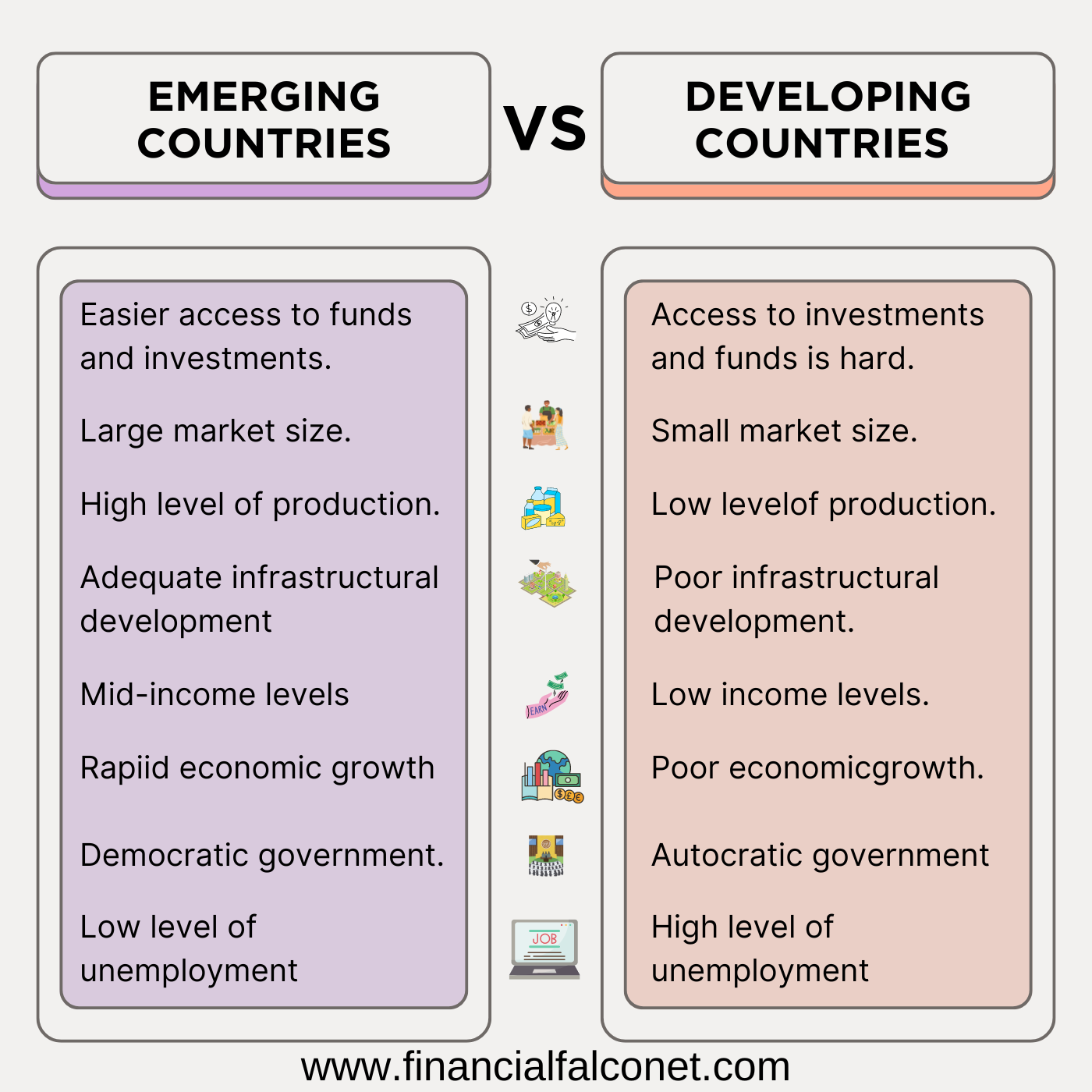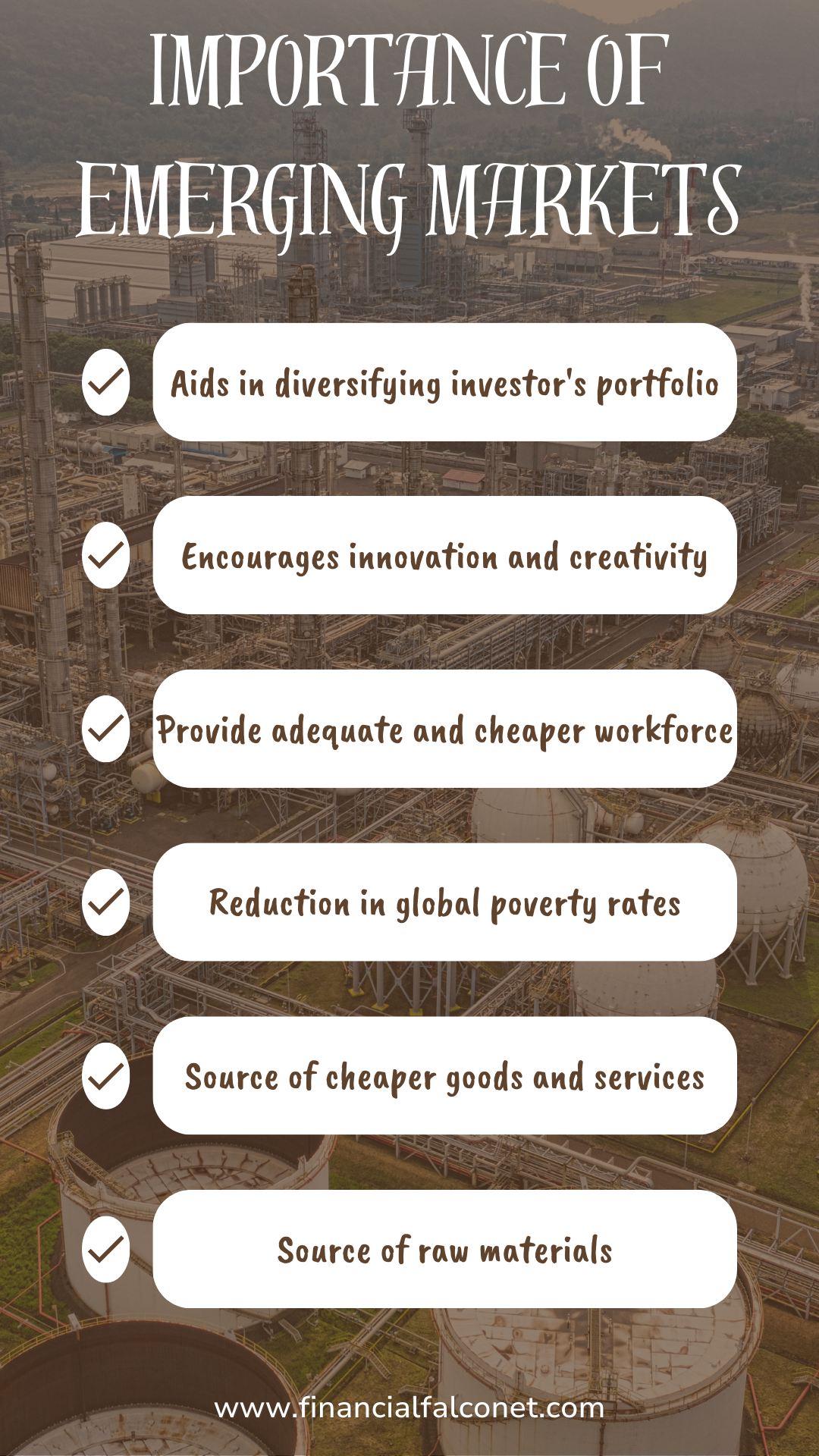5 characteristics of capitalism and the effects
Capitalism has many benefits as well as some unwanted effects on society. We will discuss 5 characteristics of capitalism and their effects on society. The capitalist system is an economic theory that originated during the 16th century. It’s an economic system of producing goods and services in which a country operates according to market forces.
In capitalism, private enterprises are expected to generate wealth by providing products and services that consumers want at prices they’re willing to pay. We will discuss these effects below.
1. Capitalism is a system of social classes
In capitalism, the means of production are owned by a few and the workers are employed to produce goods and services for the benefit of the capitalists. The capitalists make profits from the sale of these goods and services.
The capitalists use their profits to purchase more land, equipment, and other resources necessary to continue producing more goods and services. This cycle of production and consumption creates a society that is increasingly polarized between those who have wealth and power and those who don’t.
2. The capitalist societies depend on wage labor
Capitalism is a type of economic system in which the means of production are owned by private individuals or businesses, and these individuals hire wage labor to produce goods and services. Under it, workers are paid based on their productivity, or the number of goods and services that they produce.
The capitalist system has many benefits, including increased prosperity and freedom for everyone involved. However, there are also some drawbacks, including decreased social mobility and environmental damage.

3. Social class consciousness in capitalist societies is taught from birth
Capitalism is a socioeconomic system in which the means of production are owned by private individuals, corporations, or governments. The purpose of capitalism is to maximize profits for the owners and shareholders.
Under capitalism, the distribution of wealth is based on a person’s ability to exploit other people. This means that people who have more money can buy more things, while people who have less money can’t afford to buy as many things.
This creates social class consciousness from birth. Children learn that there are different levels of society and that some people have more money than others. They also learn about greed and how it can lead to problems.
4. Collectivism overrides individualism in capitalist societies for the benefit of the ruling class
Capitalism is characterized by the pursuit of individual gain at the expense of others. This is done through the exploitation of labor and the accumulation of capital. The resulting class structure leads to inequality and poverty for the majority. In order to maintain their power and wealth, capitalists rely on a system of hierarchy and control. This manifests itself in various ways, such as limited freedom, repression of dissent, and economic inequality.
5. It is difficult to change beliefs within capitalist societies
It is difficult to change beliefs within capitalist societies because they are ingrained from birth and promoted through media, religion, culture, schools, etc. Capitalism is based on the assumption that human beings are primarily motivated by self-interest. There is a great deal of inequality in capitalist societies, and this inequality is often used to justify the exploitation of workers.


